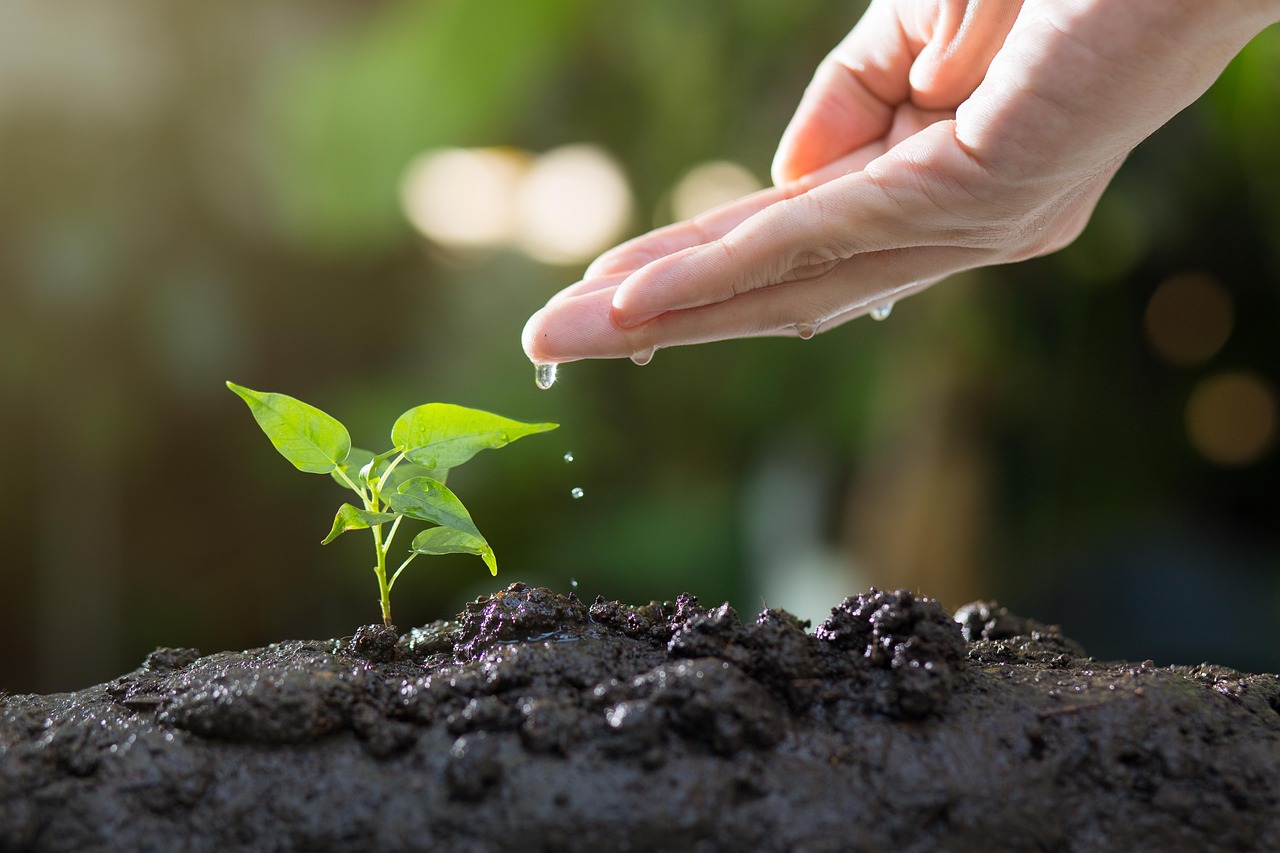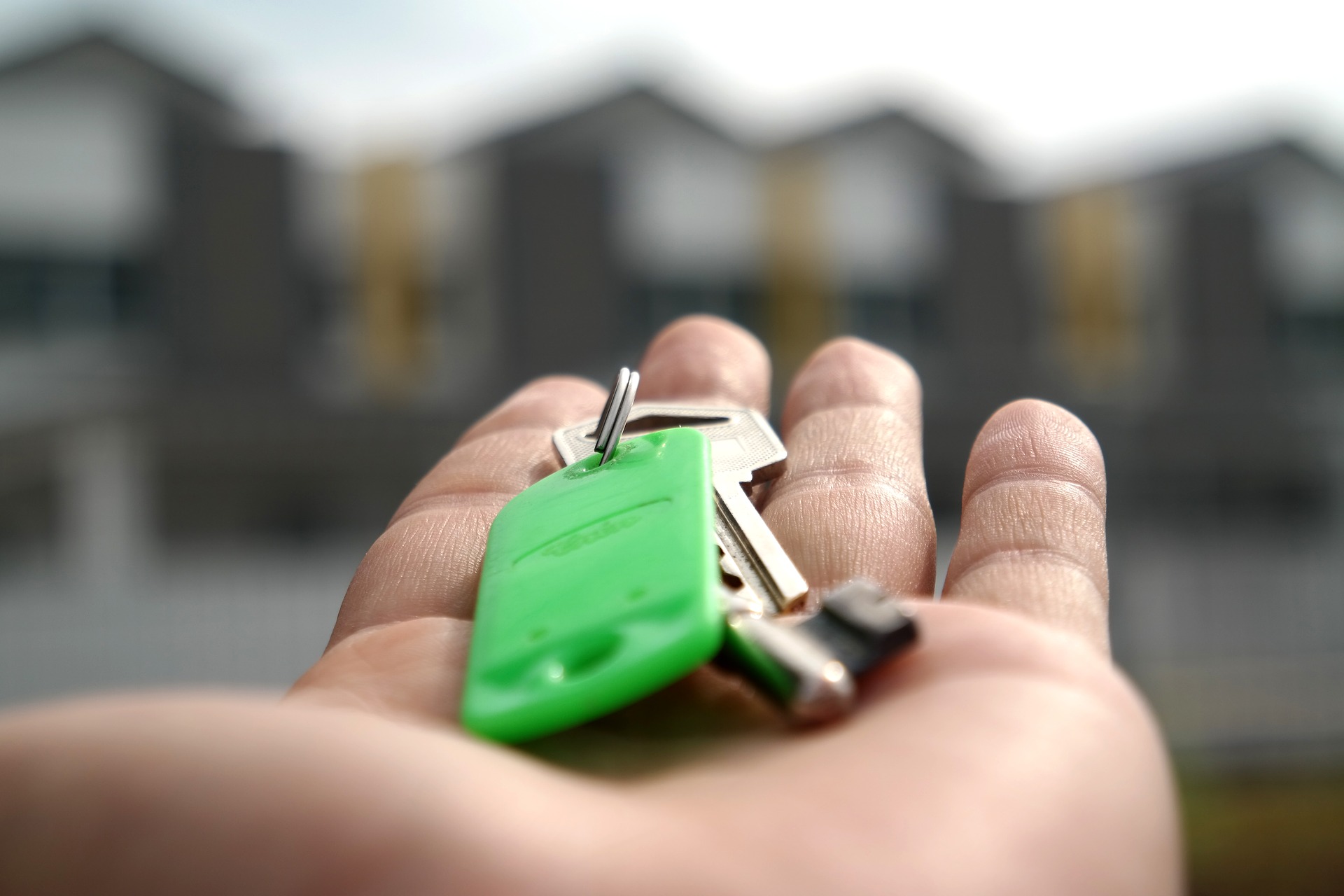Sustainable Living: Top 5 Eco-Friendly Practices for Your Home Garden


 Composting is a natural process that transforms kitchen scraps and yard waste into rich, nutrient-filled soil. It’s like giving back to the earth what it has already provided us.
Composting is a natural process that transforms kitchen scraps and yard waste into rich, nutrient-filled soil. It’s like giving back to the earth what it has already provided us.  Healthy soil is the foundation of a thriving garden. It’s packed with life, from tiny microbes to earthworms that aerate and enrich it. To improve soil health, start by testing its pH level.
Healthy soil is the foundation of a thriving garden. It’s packed with life, from tiny microbes to earthworms that aerate and enrich it. To improve soil health, start by testing its pH level.
Even before mentioning the five tips, lighting outside and inside homes is a reason to discourage potential thieves. The light inside the house is a sign that there’s someone around. In case you aren’t around, you can opt for timed lighting to provide an illusion that you are home.
For many homeowners, home security and insurance of property is a “been there, done that” issue that they sorted out when acquiring homeowner’s insurance policy. Yes, such homeowners are free from any incidents and will be alright for long. However, a break-in can happen randomly and to anyone. To avoid being caught off-guard and unprepared, here are ways you can keep your home extra secure.
Who has a means of getting into the house? Have a list of how many individuals possess keys to the house. Apart from relatives, there may be service providers like AC services, that you may have given a key in case you’re not around. Regularly, review this list and ascertain that anyone who has access to the house is authorized or works for you.
The tougher you make it for a burglar to gain access to your house, the less likely they’ll try. Thieves are somewhat lazy; a major part of their plans depends on finding a careless or forgetful homeowner.
Always make sure you check the locks and the working conditions of other security features.
If you do not own a home surveillance system, you should consider getting one for extra precaution. If you live in a fenced residence, go around the compound and try to identify any exposed areas that can be used as a point to gain access to your premises.
Thieves aim for windows and doorways that are poorly lit. Motion-sensing lights that turn on when movement is detected can help scare off any burglars. You can decide to go with intolerable floodlights, making it hard for the burglars to hide immediately the light turn on.
Owning an alarm system that is noisy and persistent will help inform the neighbors or police nearby of a robbery in progress. Reaching other residents and tied directly to the local police department, your alert system gives the would-be thief indication that the police will intervene any minute.
Carefully review and consider your options for a reputable security firm. Make sure the firm is capable of providing a suitable surveillance level for your wants.
No matter how low the odds of getting attacked are, consider finding a spot or compartment to lock away your valuable items. Do not lock them away in obvious places, since it will be easier for burglars to find your prized objects.
Make sure your property and items have an insurance policy to cover for any loss or damages. Better safe than sorry!…